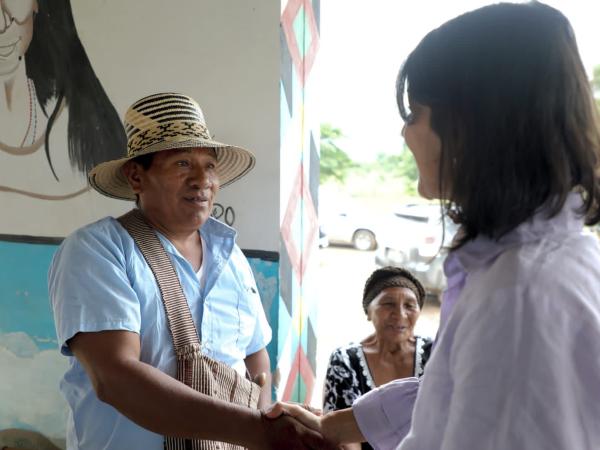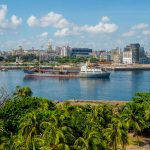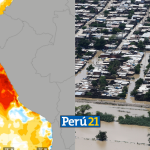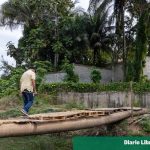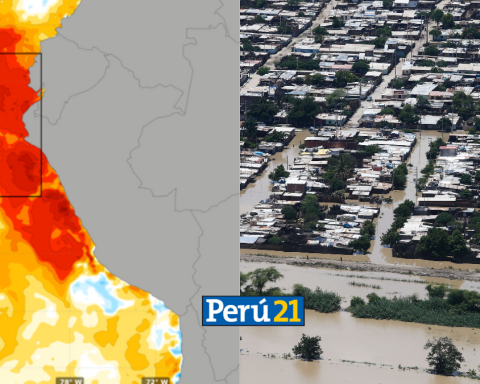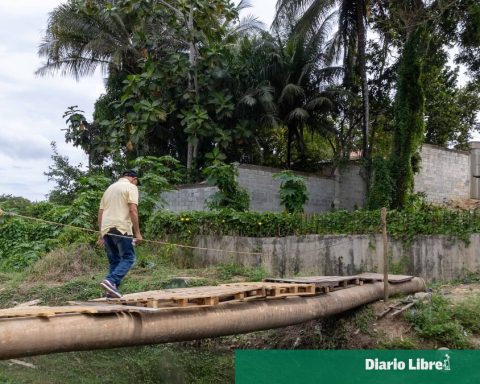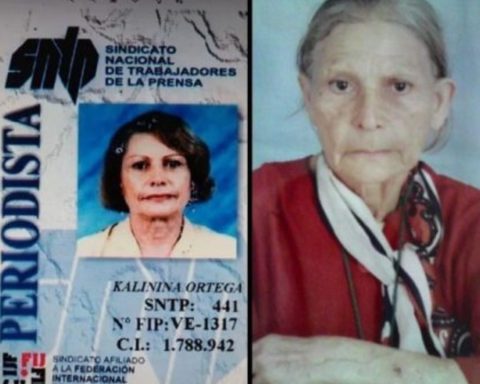This Friday, 25 leaders of indigenous councils, community councils and indigenous communities from the middle and lower areas of Guajira, met with the Minister of Mines and Energy, Irene Vélez Torres, in the Wayúu Tamaquito 2 reservation, jurisdiction of the municipality of Barrancas (La Guajira), in order to explain to the official the problems that their peoples live as a result of large-scale mining.
In this dialogue, the leaders expressed their greatest social, environmental and health concernsmainly.
(Could Colombia be a food pantry for the world?).
Minister Irene Vélez stated that her portfolio has developed a methodology for participation in the territories “with the purpose of building, with the communities, the proposals that contribute from their knowledge and identities, to the Just Energy Transition.”
“This is the Government of change and that change is made with the communities, with these dialogues, because we have to understand what are those visions and those demands that you have, to align the government agendas around the needs of each territory”, he assured.
The communities that participated in the meeting, such as the Wayúu reservation of Tamaquito 2, denounced damages to their ways of life, to traditional medicine, to the health of boys and girls, and to the mental health of their elders, due to the forced displacement to because of mining that has stripped them of their ancestral territory.
(The signing of the Government-cattle farmers agreement for the purchase of land is postponed).
Another issue raised by the ethnic communities was the health status of children and adults in the territories due to contamination from mining.
Misael Socarrés, leader of the indigenous community of Gran Parada, reiterated the pThe problem that the communities experience due to the lack of water. He denounced that 19 bodies of water between streams and rivers have dried up as a result of mining activity.
For his part, Samuel Arregocés, legal representative of the Tobacco Community Council, stated that they consider themselves displaced by the mining companies before the indifferent gaze of the State, which has a historical debt with these populations.
(The world currencies that have been most affected by the rise of the dollar).
The representatives asked the Government to implement a mining policy framed in respect for the peoples and for this to create a permanent high-level technical dialogue table between the institutional framework, local authorities and representatives of the ethnic and peasant communities.
Minister Irene Vélez told the leaders that the Government of President Gustavo Petro is committed to developing a policy of “Mining for Life” and that this will be a priority for his Ministry.
“The changes that we have proposed imply the review of mining titles, which cannot be in strategic environmental areas and to adjust all this regulation we have proposed to carry out a new Mining Code,” the official concluded.
BRIEFCASE
